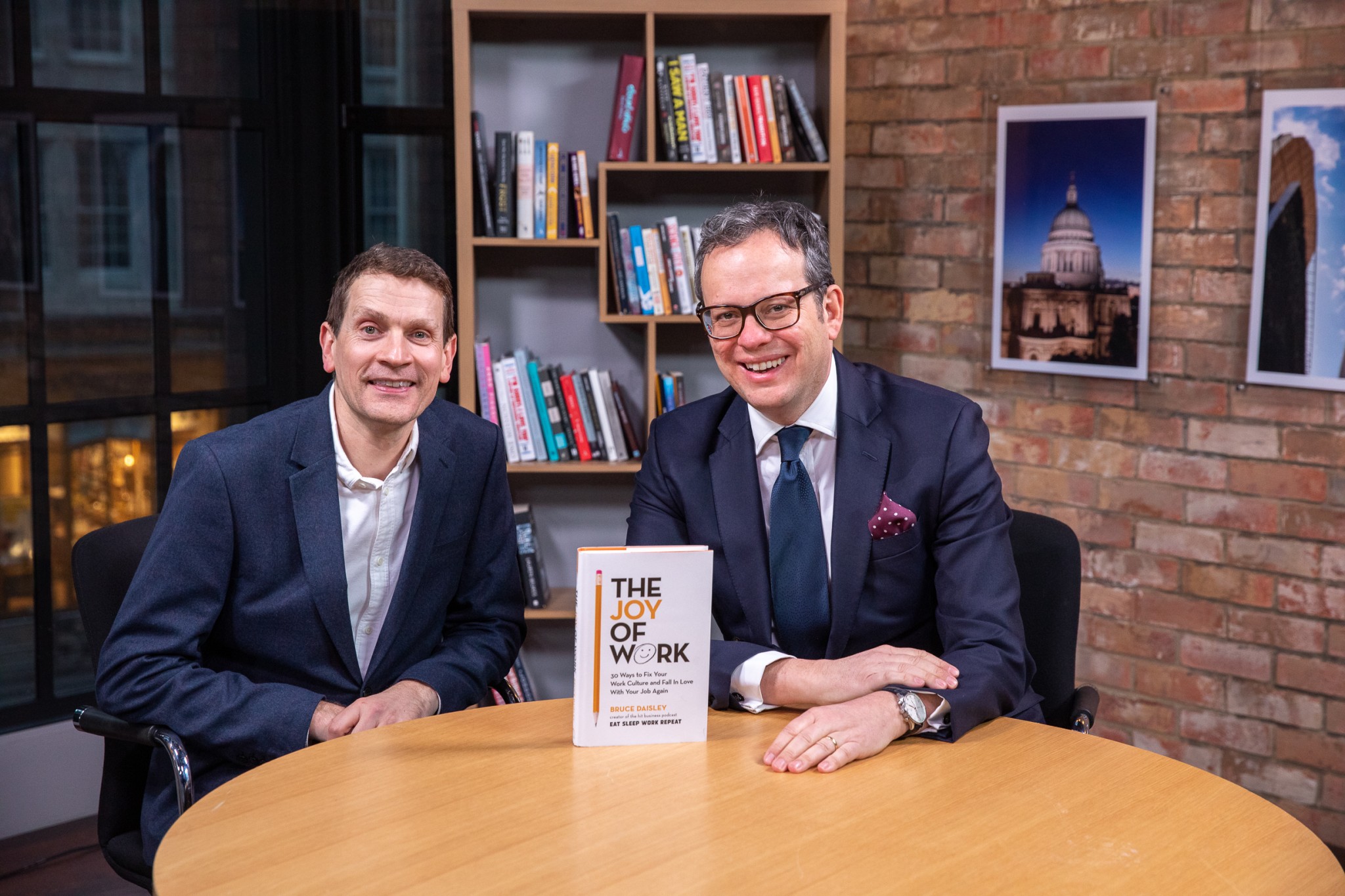
The 2008 US presidential election was widely known as ‘the Facebook election’, with Barack Obama using social media to engage younger voters and raise funds.
At the time, Twitter’s vice-president for Europe, Middle East and Africa, Bruce Daisley had stepped into social media with YouTube. More than a decade on, he explains the importance of online platforms for politicians
Speaking to Michael Hayman on Capital Conversation, Bruce says, “The next generation of politicians will have to handle all aspects of social media,” citing the recently elected 29-year-old congresswoman Alexandria Ocasio-Cortez as the most exciting example.
“I think the stuff that works is heartfelt and honest,” he adds on why Ocasio-Cortez, SNP leader Nicola Sturgeon and Tottenham MP David Lammy are particularly successful on social media, while Boris Johnson on the other hand seems to have a lot to learn having been late to joining Twitter: “If it was all about landing a killer quip, it would be [Boris’s] medium.”
Bruce stresses the social aspect of Twitter as a key factor in its appeal: “I’m a tennis fan. So, sharing the moment, watching the Australian Open at four in the morning and feeling like you’re not on your own is quite a joyful experience.
“I think increasingly, it’s pretty clear to people that there’s a lot of apps that are about your friends, or photographs of what happened at the weekend. Twitter is the app you open when you want to know what’s going on in the world.”
Bruce says his new book, The Joy of Work, is a manifesto for those who took a job at a company they are inspired by but have been hindered by bureaucracy. “The way we have orchestrated modern work is at the expense of making progress in anything – the average British person has 16 hours of meetings a week.”
He emphasises the need for stimulation, autonomy and the ability to make progress in the working day. “The big winner is face-to-face chat. People wandering the floor unencumbered by meetings or answering emails.”
See the latest episode here.